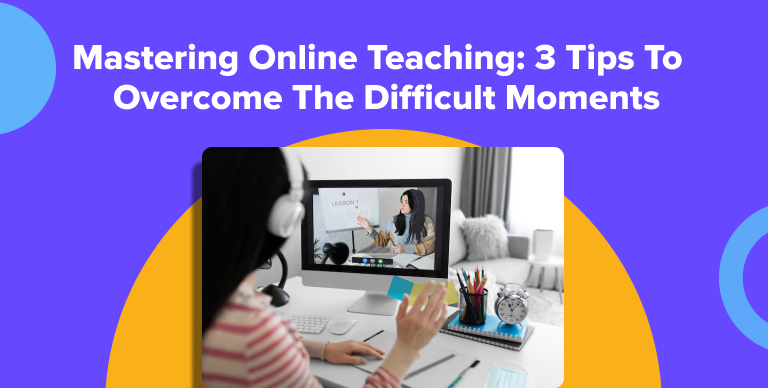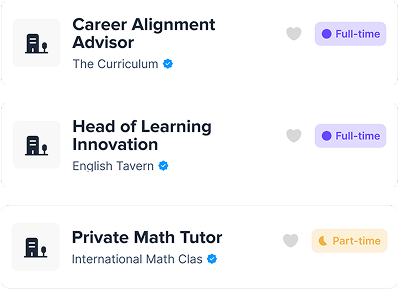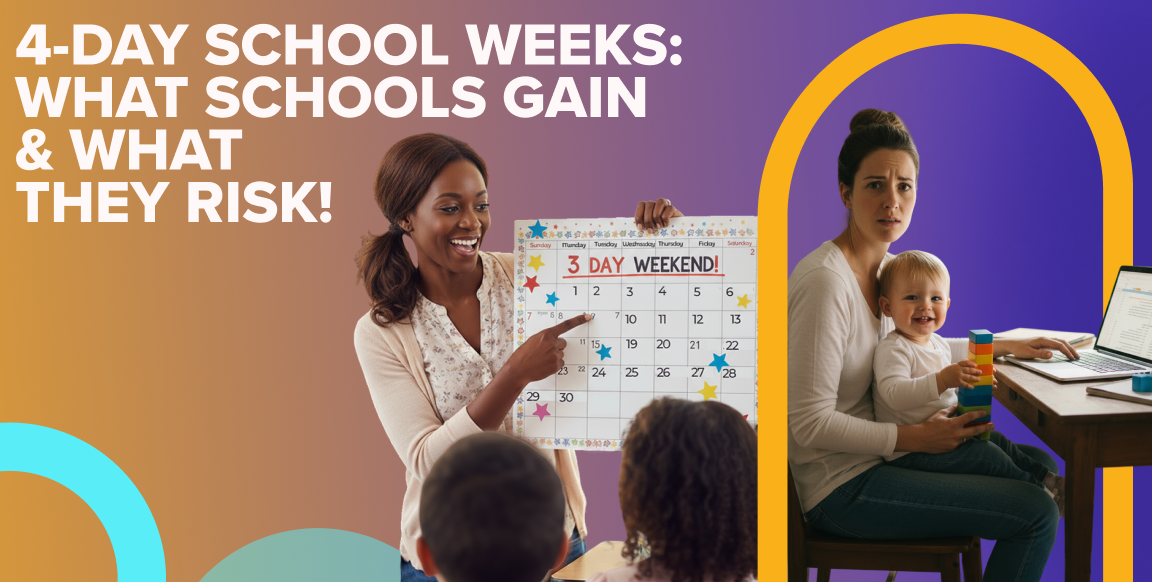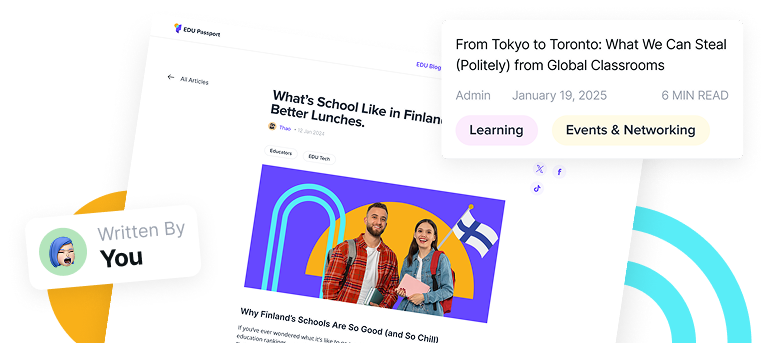Does mastering online teaching come with time and practice? Well, this is not true. With the right tips and tricks, any educator can master online teaching.
After the Covid-19 pandemic, the education system changed globally. It was challenging for educators to switch to online teaching. Many educators, on the other hand, consider the process easier. However, online teaching is not as simple as it sounds. According to an Indian survey, 84% of educators face challenges during online teaching.
In this EDU Blog, we will discuss the challenges of online teaching and techniques for mastering online teaching.
Why Online Learning?
Online learning is also known as distance learning and e-learning. In this learning, students can learn skills and knowledge through the internet.
Students can get educational material, resources, and instruction through digital tools like video conferencing, multimedia presentations, online discussion boards, and interactive tasks.
Plus, students can use computers, laptops, tablets, or smartphones to get to these materials and do learning tasks at their own pace and when convenient. Online learning allows learners to learn regardless of location, time constraints, and physical limitations.
Challenges of Online Teaching
Online educators face common challenges that may impact the teaching and learning experience, like:
Technology issues, including poor internet connection.
Distractions at home or a lack of face-to-face interaction, reducing students’ participation and engagement.
The lack of a physical presence and direct observation makes evaluating the students’ comprehension and progress challenging.
When teaching students online, language barriers and communication issues can develop.
Changing teaching methods to fit the online format while keeping effective learning results.
Maintaining students’ enthusiasm and focus in a virtual learning environment.
- Managing and resolving technical issues students experience during online classes.
3 Tips to Overcome The Difficult Moments
Educators may need help teaching students online because they must operate the virtual classroom effectively. Besides, challenging situations may occur, like problems with student behavior or pesky technical issues, that demand creative solutions.
These challenges can be overcome through implementing the appropriate strategies. These three tested tips will assist educators in mastering online teaching and overcoming any challenges that may arise:
1. Familiarize yourself with tools and must have a backup plan.
Educators must become familiar with the online teaching tools and platforms they will use. Spend some time learning its features and functionalities. So that will help to get through them quickly while taking classes.
In addition, educators must have backup plans for any technical issues. In case there are issues with connectivity or with the hardware, educators should get backup devices, alternate communication channels, and instructional materials prepared.
Being well-prepared gives the ability to respond quickly to unexpected challenges and reduces interruptions to the learning process.
2. Keep an interactive session with students to avoid distractions.
It is essential for effective learning to keep students engaged while they are participating in online classes. It is crucial to use interactive teaching approaches and various instructional tools to attract students’ attention and keep their focus.
Moreover, include collaborative exercises, group discussions, and projects that the whole group can complete to encourage active participation. Increase student involvement by using several forms of multimedia, such as videos, interactive lectures, and game-based learning.
Maintaining student motivation and interest in their educational path requires frequent, timely feedback and regular assessments.
3. Create a positive and encouraging environment.
Creating a sense of community in a virtual learning environment can take time and effort when students have different locations and few face-to-face interaction opportunities. It can be challenging to create a productive learning environment.
The solution for educators is to use various strategies that will create a positive and encouraging environment inside an online community. To begin, they may promote activities that involve students working together, such as group projects or online forums that allow students to communicate with one another.
Within the online classroom setting, these activities promote collaboration, the sharing of ideas, and a sense of personal connection.
Plus, it is essential for creating a positive and friendly environment in digital environments. Educators are responsible for laying out specific norms for proper behavior when using the internet, promoting civil discourse, and giving students many opportunities to share their thoughts and opinions.
Including icebreaker activities at the beginning of the course helps students get to know each other and creates a friendly atmosphere within the online community.
By practicing these methods, educators may create a pleasant and engaging online environment for their students. This environment will allow students to feel connected, supported, and engaged.
The Final Verdict
Online teaching presents various challenges that require educators to adapt and find solutions for effective learning. Educators may overcome these challenges and create engaging and meaningful virtual learning experiences by mastering online teaching. Join EDU Passport today for more techniques and insights for mastering online teaching!





















